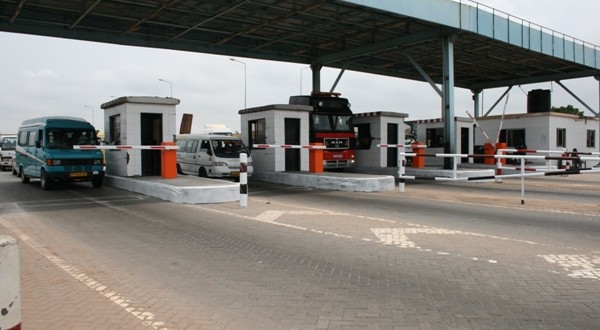
A Deputy Finance Minister, Charles Adu-Boahen says the money that would have been paid as road tolls will now be taken care of by the 1.75 percent Electronic Transaction Levy (E-Levy).
Though the levy will affect Ghanaians who do not use tolled rolls, Adu-Boahen said the government is trying to share the burden of levies to develop road infrastructure.
This explanation comes after the Minister of Finance, Ken Ofori-Atta announced in his 2022 Budget presentation in Parliament that road tolls have been canceled, but there is now a 1.75 per cent E-Levy on mobile money and other electronic transactions beginning from January 2022.
In effect, the Minister of Roads and Highways, Kwesi Amoako-Atta has ordered an immediate stop to road toll collection beginning today.
The monies raised from tolls go into the Road Fund and are supposed to be used for maintaining public roads. The Roads Minister had earlier hinted of moves to increase the road tolls but it appears the government has rather taken a different route to get more money for road maintenance.
A lot of thought was put into trying to find a solution where we could share the burden,” the Deputy Finance Minister said on Citi FM.
We have to provide roads and roads are something everybody wants…roads are not only for people to move but also to evacuate produce,” he explained further.

To set up that whole thing costs money. If I am going to do that to collect only GHS 1 from you, it would take me 50 years to recover my investment.”
“I don’t believe that any solution would have been viable without a dramatic increase in the amount we were charging,” he added.
Under the E-levy, transactions covering mobile money payments, bank transfers, merchant payments, and inward remittances will have the levy imposed on them.
The levy will be paid by the sender, but be waived for transactions that amount to GHS100 or less in a day.
The government has said portions of revenue collected from the levy will be used to support entrepreneurship, youth employment and cybersecurity.

